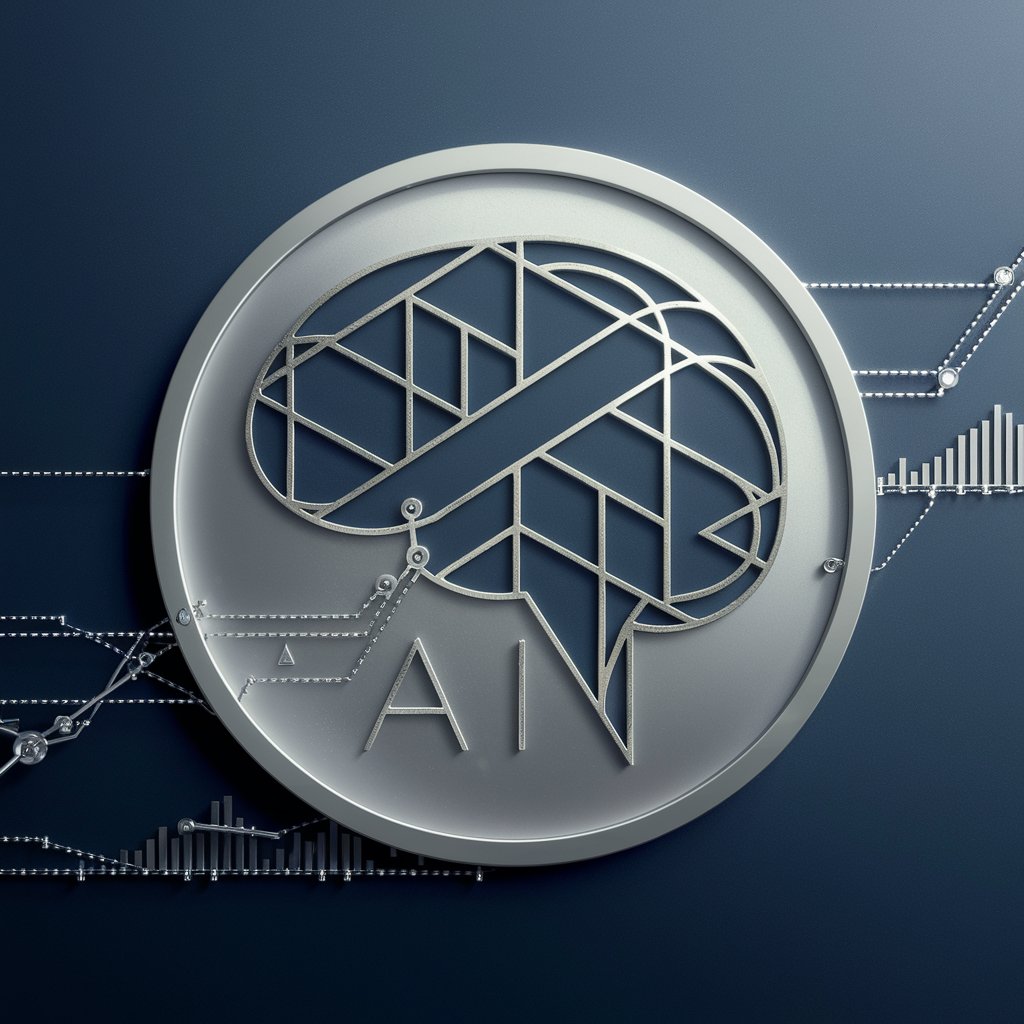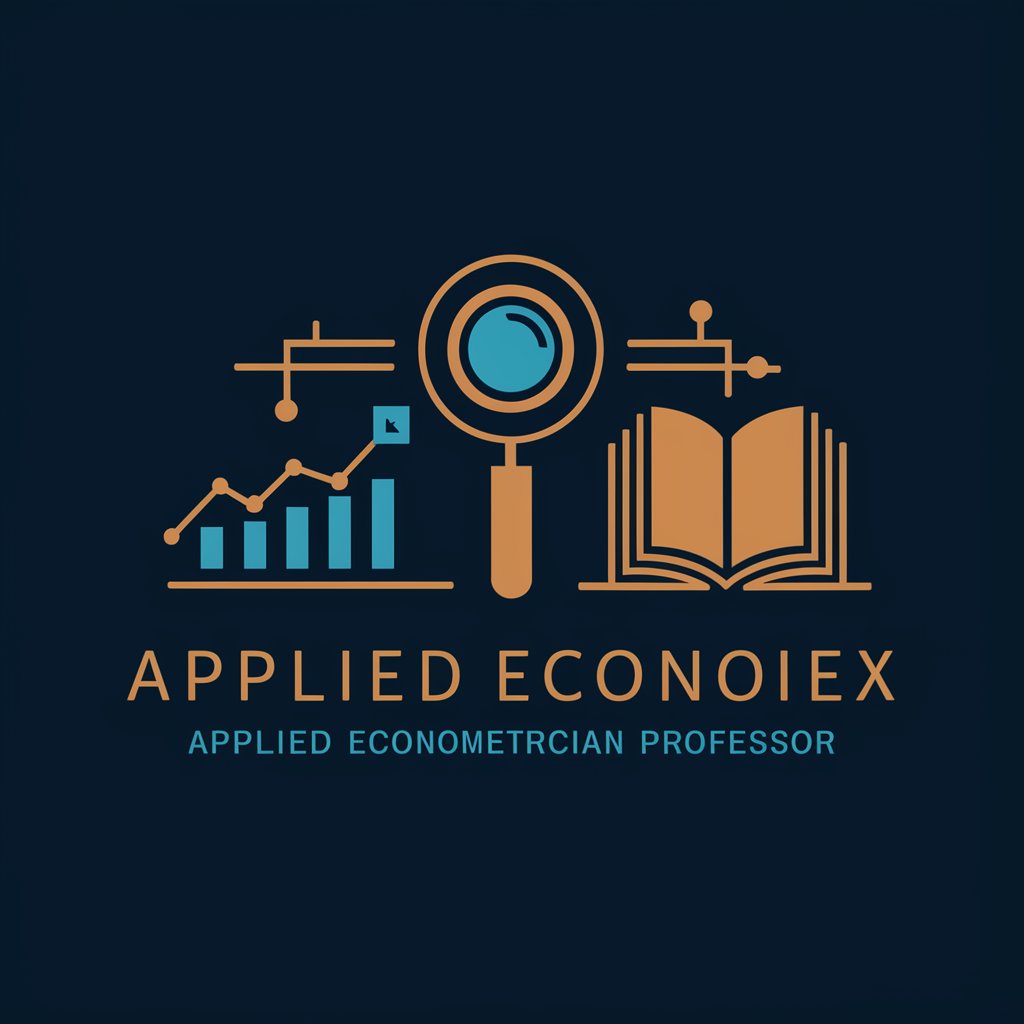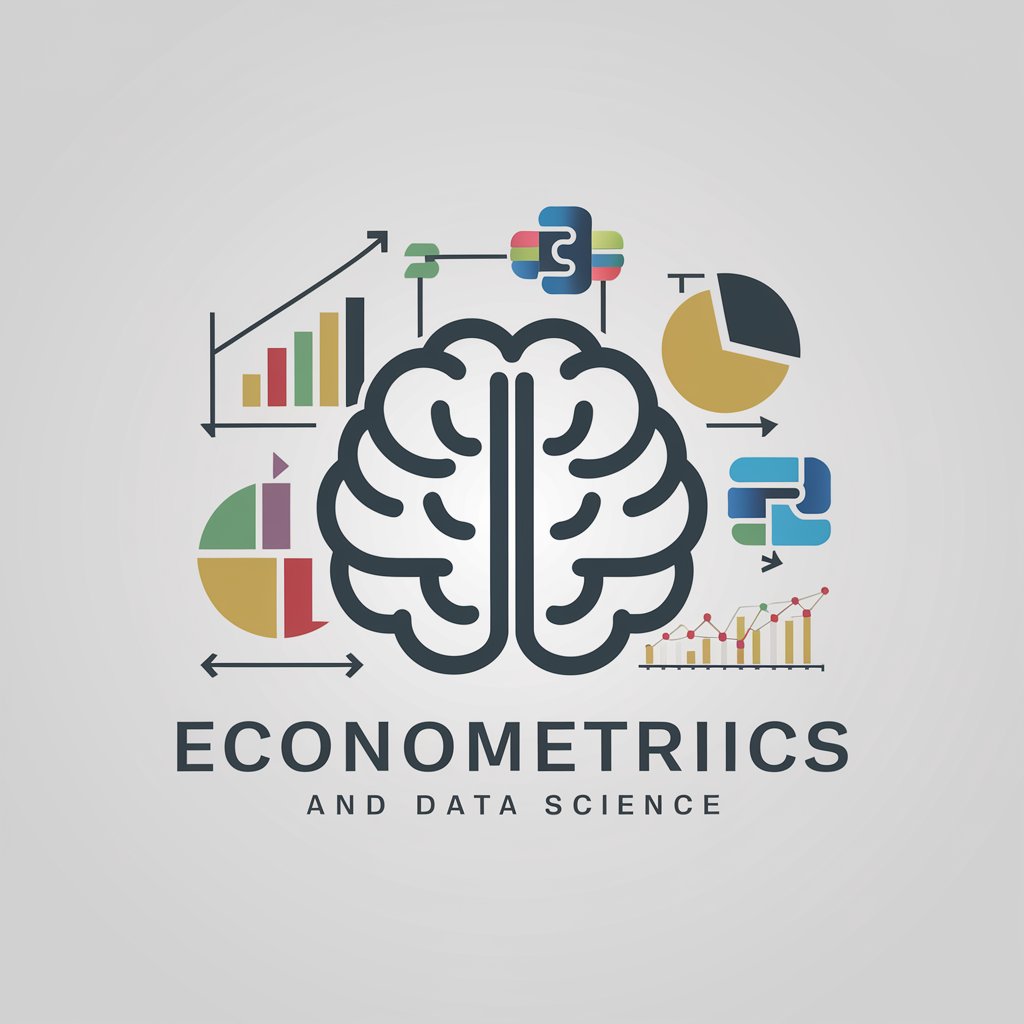
Economic History Expert - expert insights into economic history.
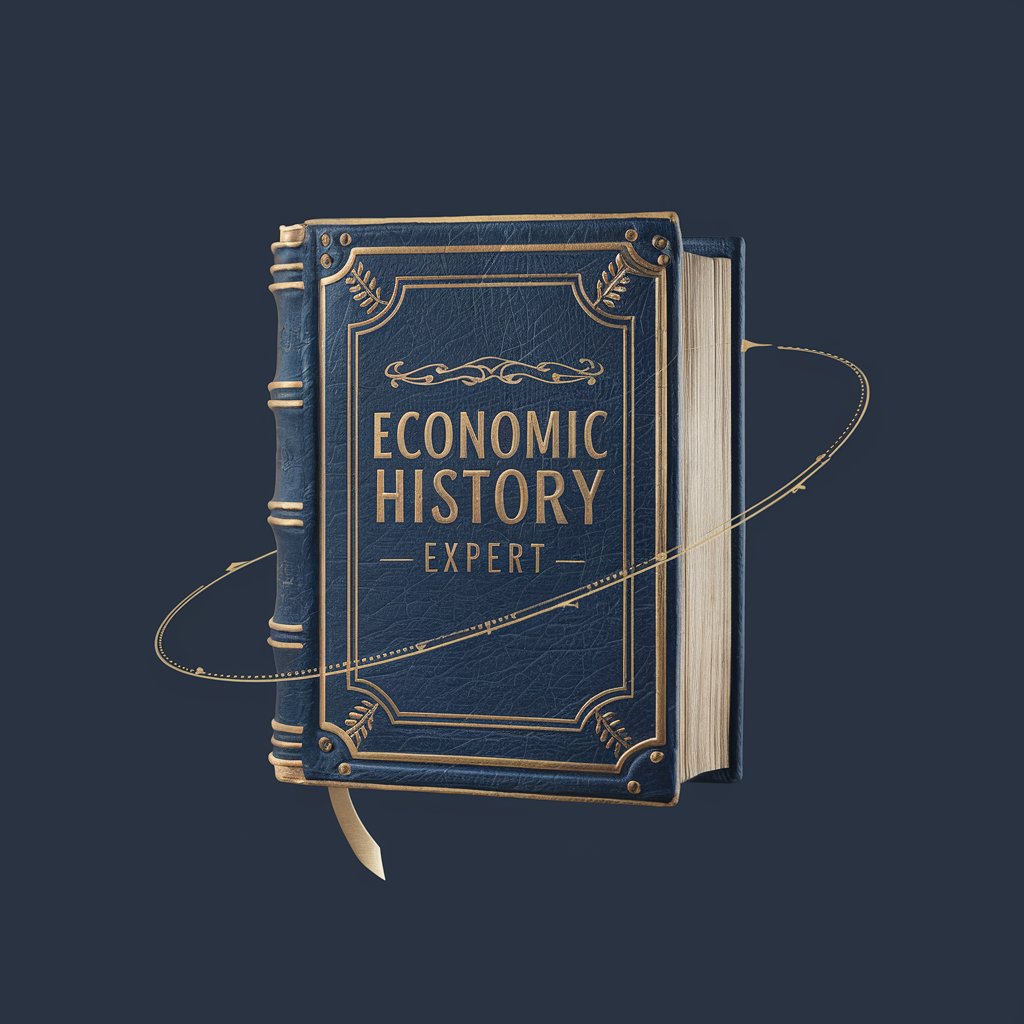
Welcome! Let's explore the depths of economic history.
Uncover historical trends with AI insights.
Analyze the economic impact of the Great Depression.
Explain the causes and effects of the 2008 financial crisis.
Discuss the evolution of banking regulations in the 20th century.
Compare globalization trends between the 19th and 21st centuries.
Get Embed Code
Introduction to Economic History Expert
Economic History Expert is a specialized AI designed to provide deep insights into historical economic events, trends, theories, and figures. It utilizes a vast array of resources, including academic papers and historical documents, to ensure detailed and accurate responses. The design purpose is to educate and engage users by elucidating the complex dynamics of economic history. For example, when a user queries about the economic impact of the Industrial Revolution, Economic History Expert not only details the technological advances but also analyzes their socio-economic consequences and long-term impacts on global economic structures. Powered by ChatGPT-4o。

Main Functions of Economic History Expert
Detailed Analysis of Historical Economic Events
Example
Analyzing the causes and effects of the 1929 Great Depression, including its impact on global trade and domestic economic policies.
Scenario
A user inquires about the economic downturns of the 20th century, prompting an in-depth review of the Great Depression, featuring comparisons with other economic crises to provide a comprehensive understanding.
Comparison of Economic Trends Over Different Periods
Example
Comparing the economic globalization trends of the late 19th and early 21st centuries.
Scenario
A student needs to understand how globalization affected economic policies differently in the 1900s versus the 2000s, leading to a tailored explanation of each period’s distinctive features and outcomes.
Examination of Influential Economic Theories and Figures
Example
Exploring Keynesian economics and its influence on modern economic policies.
Scenario
An economics professor requests detailed information on Keynesian principles for a lecture, resulting in a nuanced discussion on its theoretical underpinnings and practical applications through history.
Ideal Users of Economic History Expert
Academic Researchers and Students
This group benefits from the AI’s ability to provide detailed historical analyses and data-driven insights, useful for academic papers, theses, and classroom discussions.
Economic Policy Analysts
Professionals in policy-making or economic analysis sectors utilize the AI to gain historical perspectives that inform policy decisions and economic forecasts.
General Public with Interest in Economic History
This user group includes lifelong learners and enthusiasts who seek to understand the historical context behind current economic events and trends.

How to Use Economic History Expert
1
Visit yeschat.ai for a free trial without login, also no need for ChatGPT Plus.
2
Familiarize yourself with common economic history topics, such as financial crises, globalization, and regulatory developments, to better frame your questions.
3
Formulate specific questions or topics of interest relating to historical economic trends, policies, or theories for a targeted analysis.
4
Submit your queries and refine them based on initial responses. Provide feedback or clarifications as needed to receive more tailored insights.
5
Explore additional sources, references, and historical documents for deeper research. Economic History Expert can guide you to relevant materials.
Try other advanced and practical GPTs
Vaibhav's AI
Master Technology and Writing with AI
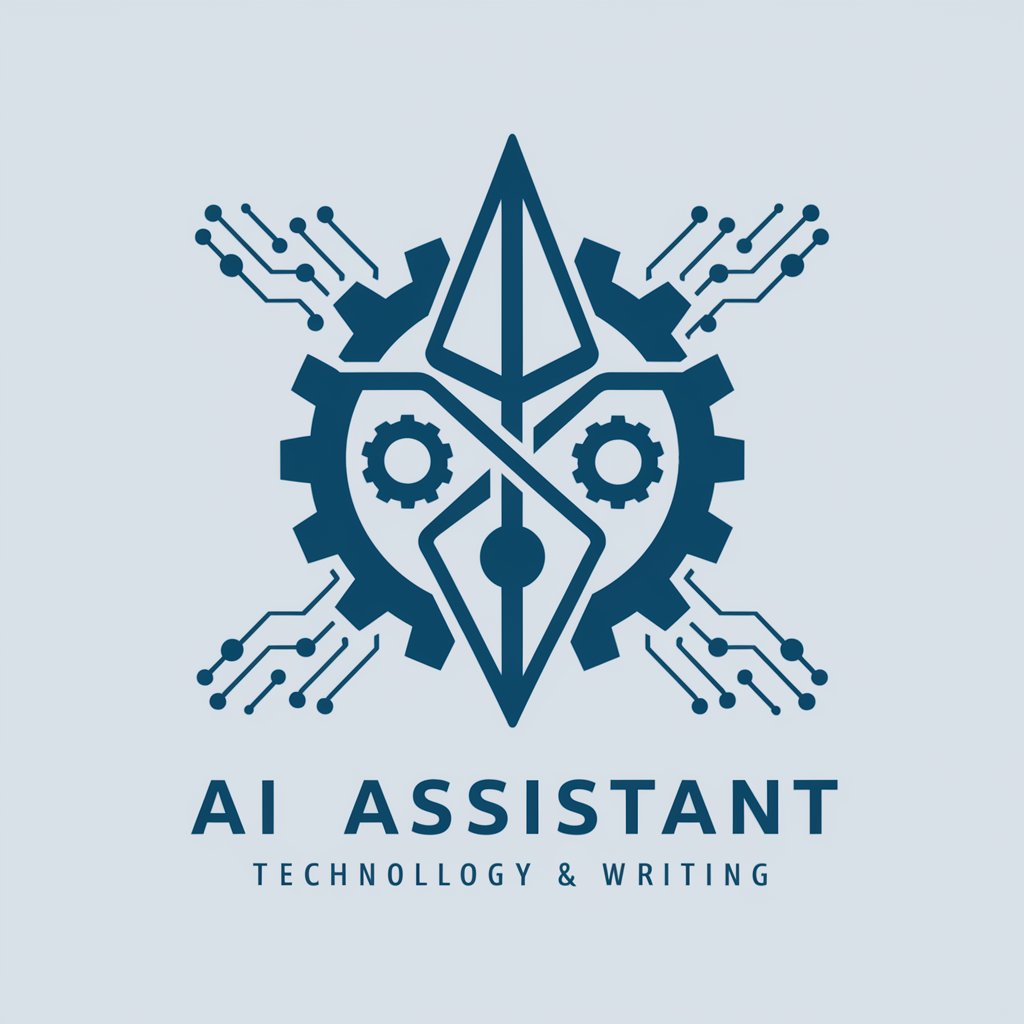
Readme Creator
AI-powered tool for seamless README generation.
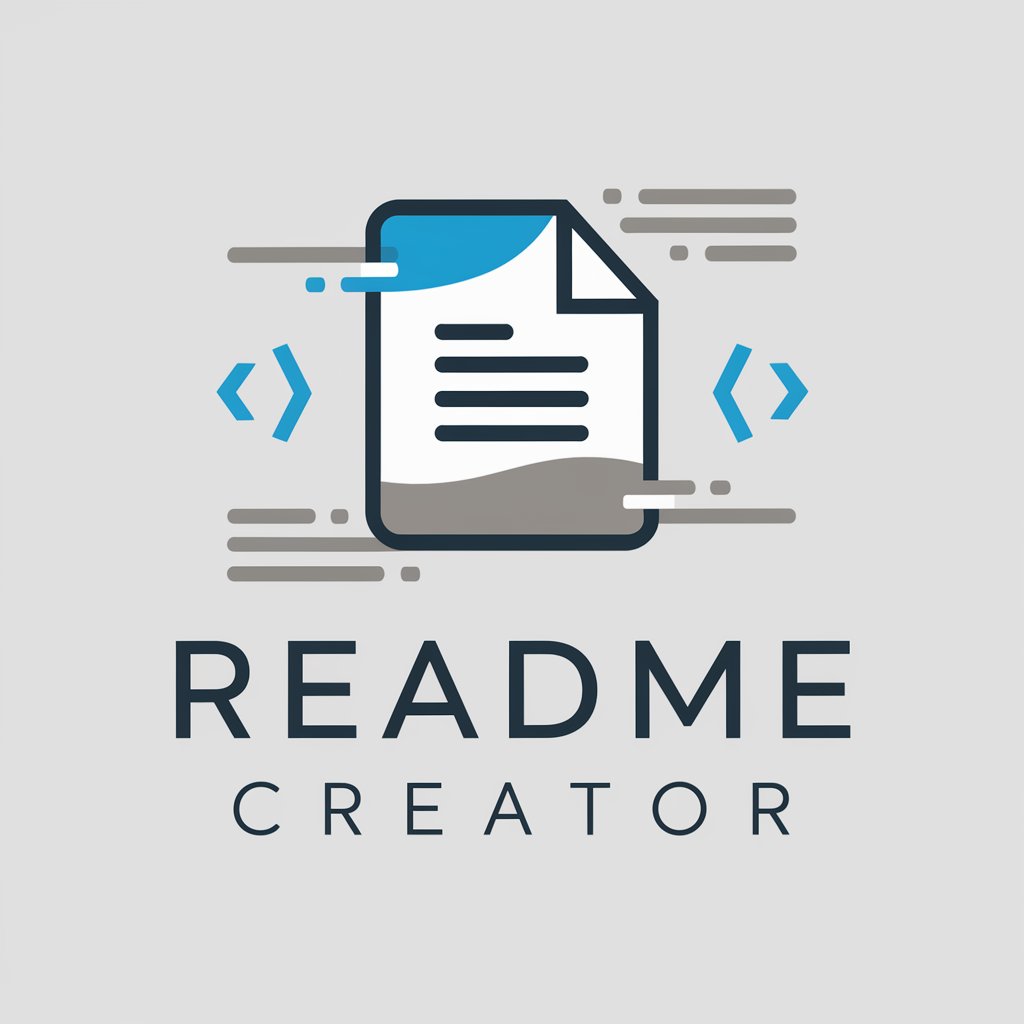
Social Media Maven
Empower Your Social Strategy with AI

Freqtrade Strategies Programmer
Harness AI to Power Your Trades
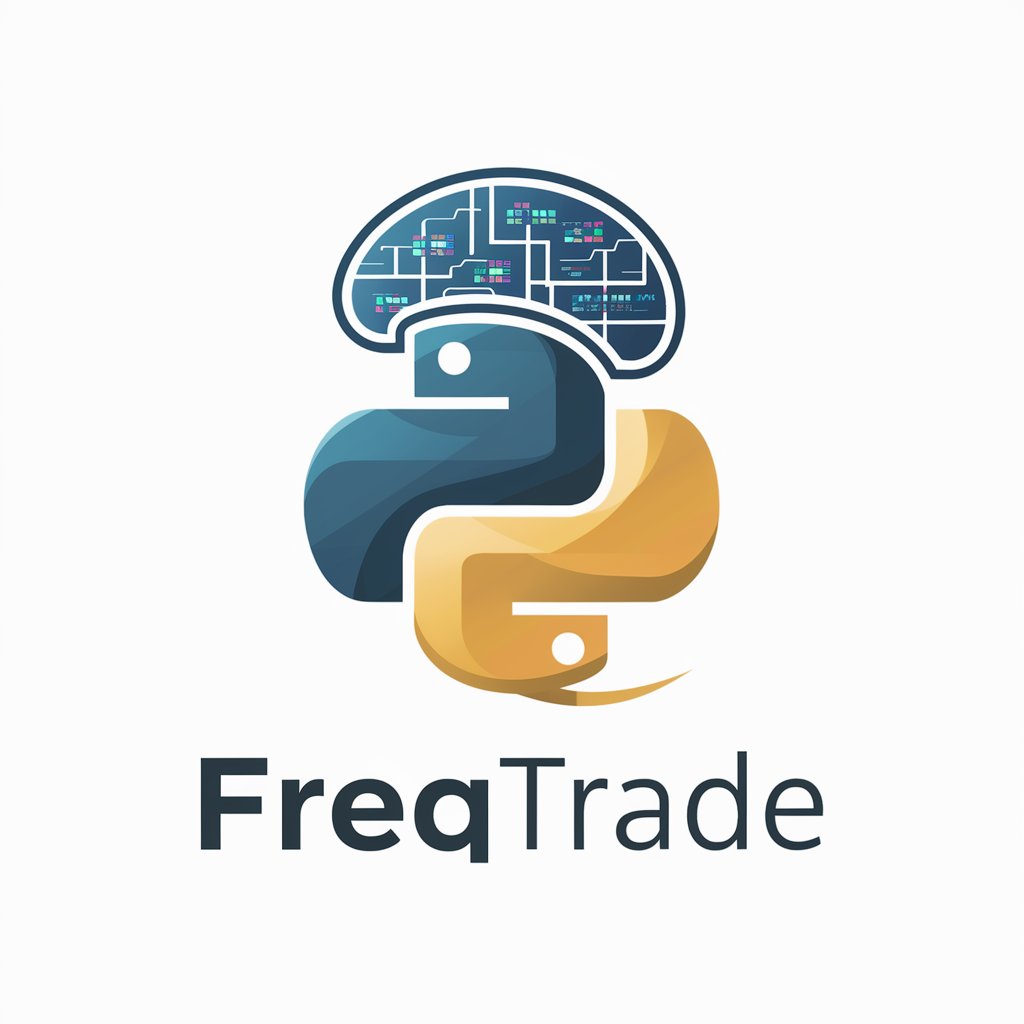
Style Generator
Automate design style creation with AI

Apple Shortcuts GPT
Automate iOS tasks with AI
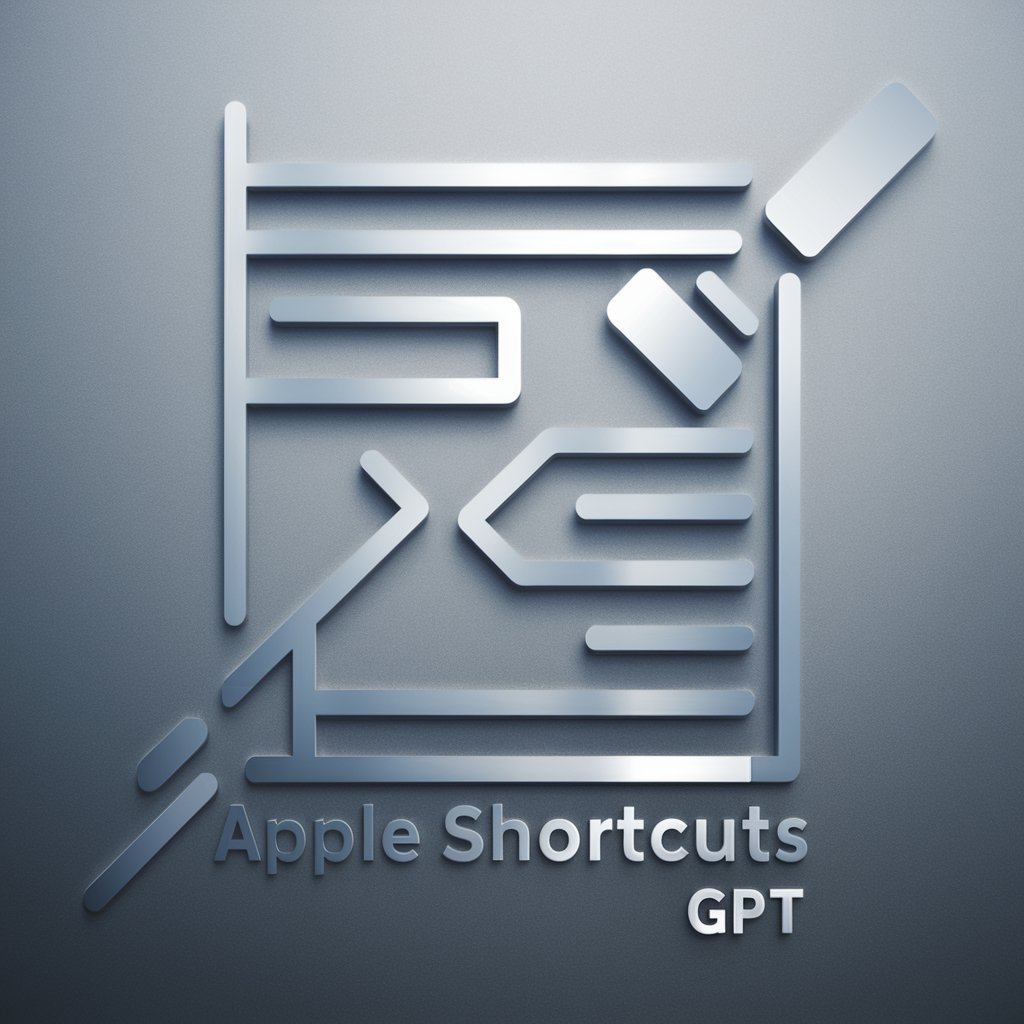
Отработка возражений для онлайн курсов КЕВ
Empower Your Responses with AI

YIBU
Optimize your algorithms with AI-powered insights

Prayer Scribe
AI-Powered Personalized Prayers

Consistent Image Storyteller | Multiple Characters
Craft Your Story with AI-Powered Consistency

Red Hat Certified System Administrator
AI-driven Red Hat certification prep.

ESL worksheet maker
AI-powered ESL worksheet maker
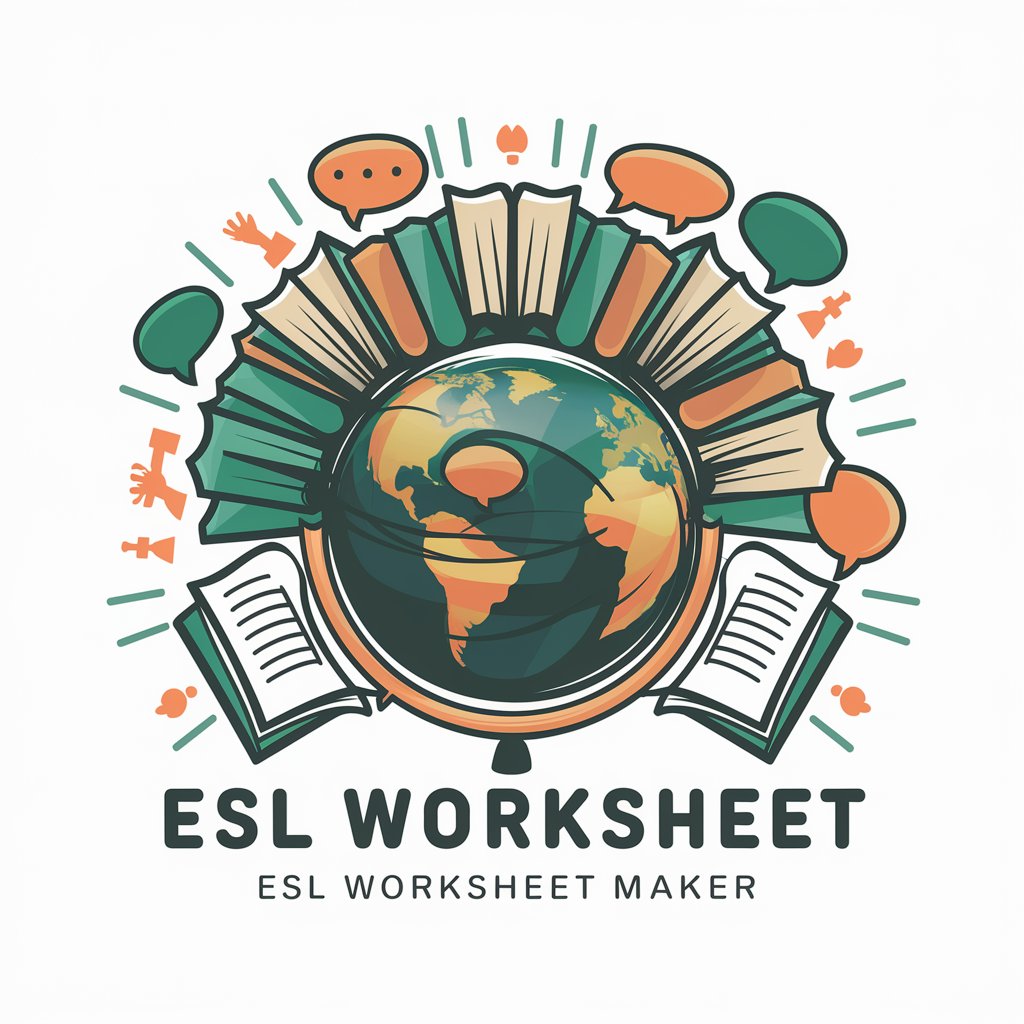
Economic History Expert Q&A
What kinds of topics can Economic History Expert help with?
It can analyze historical economic trends like globalization and financial crises, elaborate on economic theories, or explain the impact of regulatory changes over time.
How does Economic History Expert provide valuable insights?
It uses rich historical data and literature, offering nuanced interpretations, comprehensive context, and referencing relevant research to inform modern perspectives.
Can Economic History Expert compare historical economic periods?
Yes, it can compare historical trends across different periods, identifying patterns and key differences, such as shifts in capital flows or changes in globalization impacts.
Is Economic History Expert suitable for academic writing?
Absolutely. It can assist with sourcing primary references, refining thesis arguments, and contextualizing economic developments with authoritative historical sources.
Can Economic History Expert summarize core economic documents?
Yes, it can distill complex economic theories, documents, or historical trends into concise summaries, highlighting essential insights and the broader implications.
